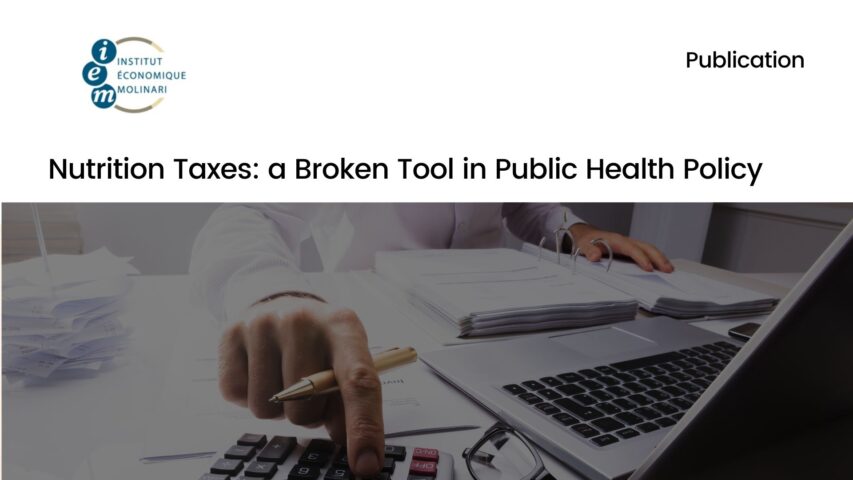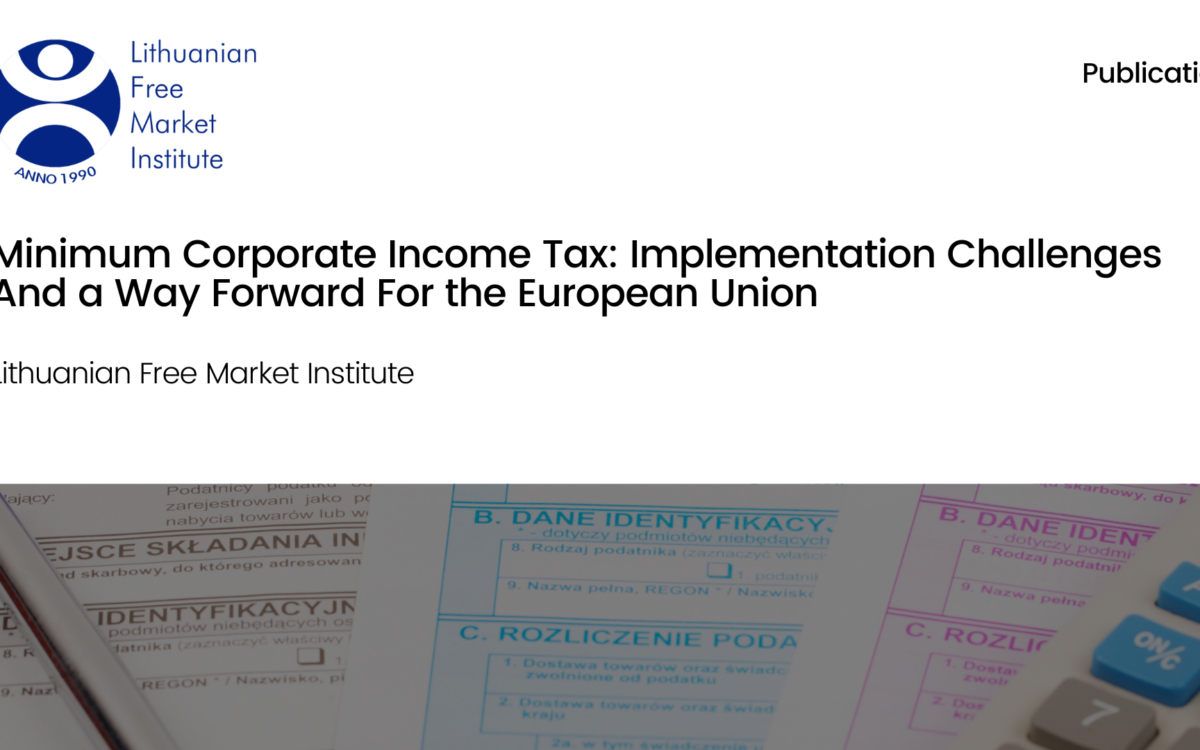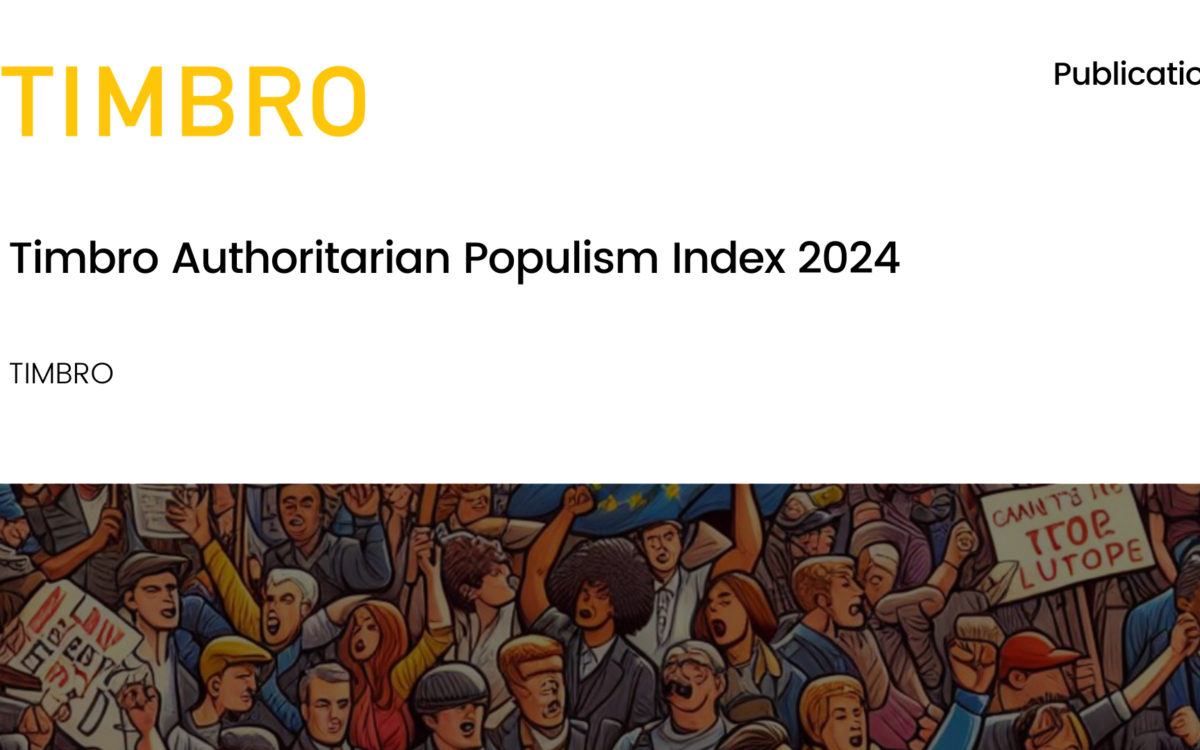Nutrition Taxes: a Broken Tool in Public Health Policy

Nutrition Taxes: a Broken Tool in Public Health Policy
October 2014
It is vital to understand that the impact of nutrition taxes on the consumption of nutritionally poor food is unclear and that there is a sizable risk of instituting additional constraints on the country’s economic activity without getting the expected public health benefits.
Download or share this publication
View the PDF
EPICENTER publications and contributions from our member think tanks are designed to promote the discussion of economic issues and the role of markets in solving economic and social problems. As with all EPICENTER publications, the views expressed here are those of the author and not EPICENTER or its member think tanks (which have no corporate view).



